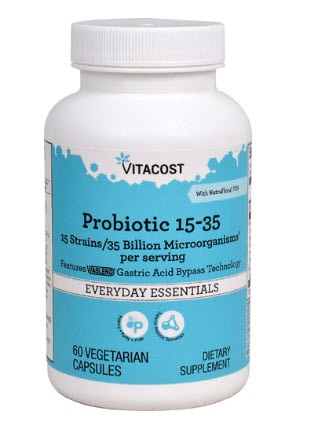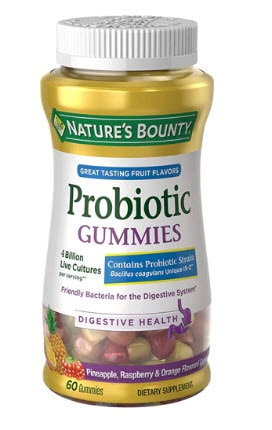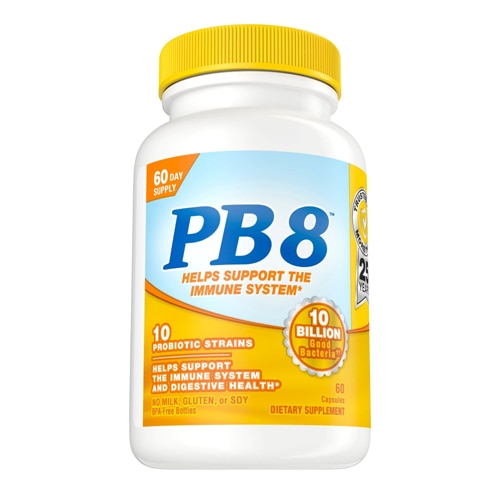Experts extol the
benefits of probiotics, including their potential to improve digestion, boost gut health and strengthen immunity.
† But are you better off using refrigerated or shelf-stable probiotic products? As with so many other aspects of health and nutrition, there’s no single answer to this question.
Generally, both refrigerated and
shelf-stable probiotics are effective. However, the effectiveness can be depleted if probiotics aren’t stored properly.

Do probiotics have to be refrigerated?
So, if the label of a probiotic recommends refrigeration, then be sure to refrigerate it. And if the label suggests storage at room temperature, then go ahead and store it without refrigeration. Another way to look at it: If you bought the probiotic when it was refrigerated, then keep it refrigerated, but if you bought it off the shelf, then it’s OK to store it at room temperature.
“The reason some probiotics need refrigeration and others don’t mainly comes down to the fact that different strains of probiotics have different sensitivity levels, and not all strains can be freeze-dried — the process used to make them shelf-stable — successfully,”
according to Mindbodygreen.com.
Still, integrative health physician
Dr. Bindiya Gandhi advises patients to take refrigerated probiotics, as heat might kill the live bacteria in shelf-stable (unrefrigerated) probiotics.
“However,
probiotics manufacturers have gotten smarter and better, and have also formulated great products that do not require refrigeration,” Gandhi
says. “Those are great for travelers and people on the road, or to keep a bottle at your work desk so you don’t forget it. You have to see what works for your lifestyle.”
Due to the risk of a shelf-stable probiotic losing its strength stemming from exposure to heat, light and moisture, the student life department at the
University of Mary Washington also recommends refrigerated probiotics. Backing up that suggestion, the
Chicago Tribune notes that most probiotics need to be refrigerated since they contain fragile live bacteria, such as
Lactobacillus and
Bifidobacterium.
Probiotics.org dismisses the notion that refrigerated probiotics are the best and only option, saying this is a myth perpetuated by marketers. “The truth is that the probiotics you find in the refrigerated section are often shipped, spending days with no refrigeration at all,” the website says.
If you decide to purchase a shelf-stable probiotic, store it in the original package or bottle to help maintain its potency, the
Medical Daily website points out. Furthermore, you should keep a shelf-stable probiotic in a cool, dry place.
Still unsure about whether refrigerated or shelf-stable probiotics are preferable? The bottom line is that both types of probiotic promise health benefits. No matter which kind you choose, follow the directions on the label in order to prolong the life of the product.
“Responsible product manufacturers make certain that their probiotic is able to meet its label claim through the end of shelf?life if stored as recommended,” according to an
article appearing in Nutrition Bulletin, a publication of the British Nutrition Foundation.
Getting the most from your probiotic supplements
ConsumerLab.com, which tests health and nutrition products,
offers these tips for getting the most out of your probiotics:
- If the label of a probiotic indicates refrigeration is suggested or required, make sure the retailer actually kept it refrigerated.
- When buying refrigerated probiotics through an online retailer, be sure they’ll be shipped overnight or in refrigerated packaging in order to preserve their potency.
- If you’re unsure whether a probiotic should be refrigerated, err on the side of caution and refrigerate it.
- Once you remove a probiotic from its blister pack or container, use it right away. Don’t put it in a pill holder and wait to take it hours or days later.
†These statements have not been approved by the Food and Drug Administration. These products are not intended to diagnose, treat, cure or prevent disease.
Featured products:










